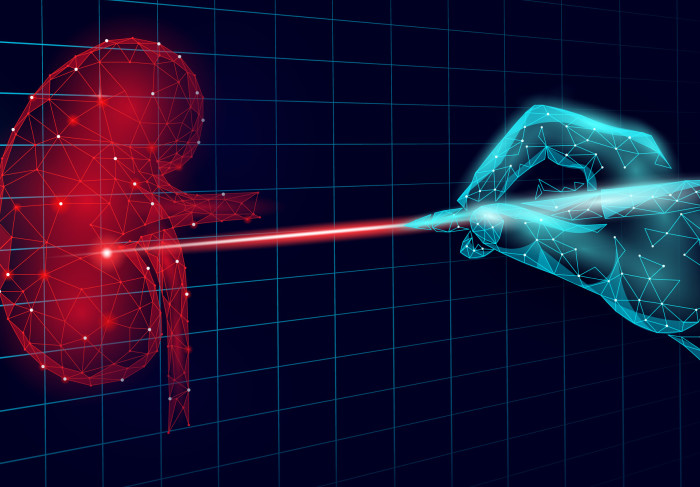13 New Horizons grants awarded to Imperial academics for adventurous research

The Engineering and Physical Sciences Research Council (EPSRC) has awarded 13 academics new grants to undertake ‘adventurous and high-risk research.’
The EPSRC, which is part of UK Research and Innovation (UKRI), has allocated almost £25.5 million of funding to 126 adventurous projects, 13 of which are at Imperial. The new pilot programme is designed to support adventurous, high-risk research in the mathematical and physical sciences.
The projects announced today...will no doubt stimulate breakthroughs in knowledge that will lead to longer-term innovations with societal impact. Professor Dame Lynn Gladden EPSRC Executive Chair
Each project will receive up to £200,000 over two years.
One Imperial project from Dr Yuval Elani at the Department of Chemical Engineering aims to create a molecular assembly line of compartmentalised soft-matter nanoparticles, or ‘artificial cells’. This could help to develop particles that can be programmed to respond to certain stimuli, and lead to more effective drugs and vaccines.
Another Imperial project from Dr Riccardo Sapienza at the Department of Physics will investigate controlling light at the nanoscale. His group will use these insights to develop metamaterials that change at the speed of light for quantum computing and for optical information processing.
EPSRC Executive Chair, Professor Dame Lynn Gladden, said: “New Horizons reflects our commitment to explore how we can adapt our processes to free researchers to focus on their work.
“The projects announced today illustrate the high levels of creativity and inventiveness across the mathematical and physical sciences, and will no doubt stimulate breakthroughs in knowledge that will lead to longer-term innovations with societal impact.”
The projects
Faculty of Engineering
Dr Mark Oxborrow – Department of Materials
Tiger in a Cage: Detecting Single Photons at low GHz Frequencies without Refrigerators, Vacuum Chambers or Magnets
Dr Emilio Martinez-Paneda – Civil and Environmental Engineering
Nanovoids for Developing New Hydrogen-resistant Materials (NanoHMAT)
Dr Yuval Elani – Department of Chemical Engineering
Dial-a-membrane: precision engineering of sub-micron self-assembled materials
Faculty of Natural Sciences
Dr Riccardo Sapienza – Department of Physics
Space-time meta-surfaces for light waves
Dr James McGinty – Department of Physics
Extreme volumetric imaging using single-shot optical tomography with compressive sensing
Dr Artem Bakulin – Department of Chemistry
Ultrafast Optoelectronic Nanoscopy of Biological and Optoelectronic Systems
Dr Nicholas Brooks – Department of Chemistry
Life at the Extremes
Dr Lorenzo Di Michele – Department of Chemistry
A programmable, cell-agnostic DNA nano-technology platform for CRISPR gene editing
Professor Martin Heeney and Dr Florian Glöcklhofer – Department of Chemistry
Multielectron photoredox catalysts based on charge accumulation in conjugated macrocycles
Professor Kevin Buzzard – Department of Mathematics
Digitising the Langlands Program
Professor Daniel Waldram – Department of Physics
New geometry from string dualities
Dr David Helm – Department of Mathematics
Derived and perverse methods in the local Langlands correspondence
Professor Alexei Skorobogatov – Department of Mathematics
Local-to-global principles for random Diophantine equations
Image: Shutterstock
Article supporters
Article text (excluding photos or graphics) © Imperial College London.
Photos and graphics subject to third party copyright used with permission or © Imperial College London.
Reporter
Hayley Dunning
Communications Division
Caroline Brogan
Communications Division